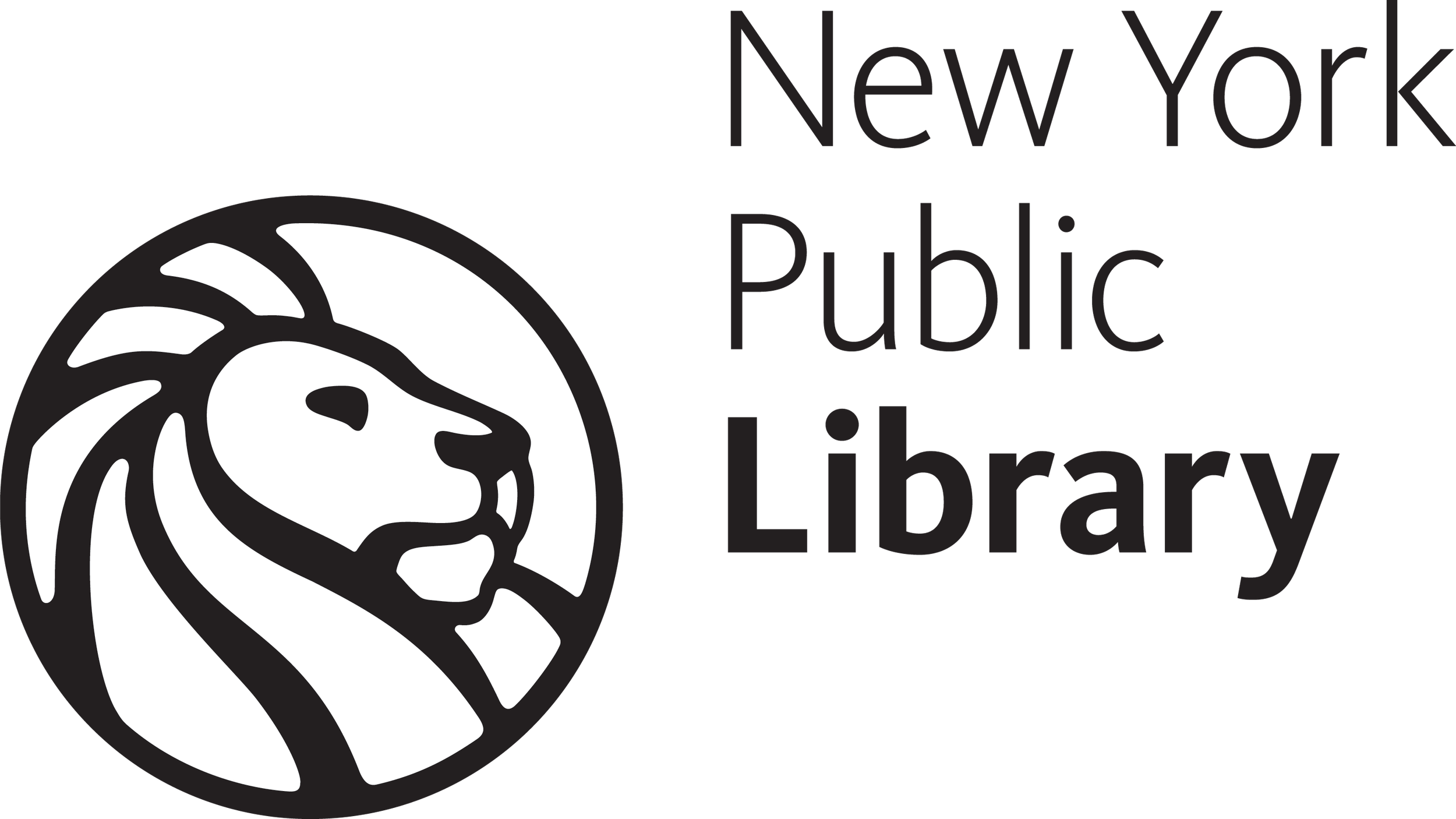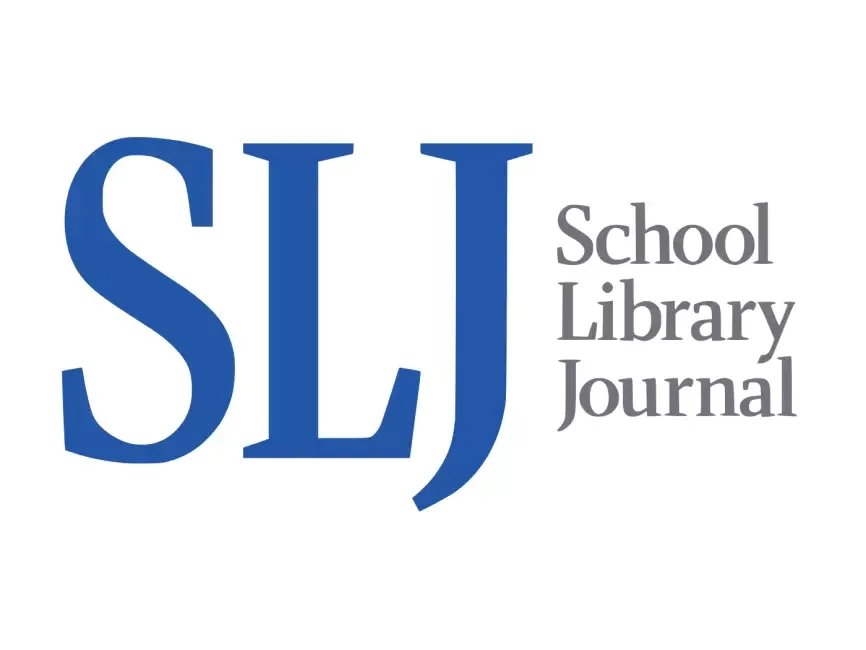AVAILABLE WHEREVER BOOKS ARE SOLD
★ Publishers Weekly, starred review
★ Booklist, starred review
★ BookPage, starred review
★ BCCB, starred review
★ School Library Journal, starred review
From Emmy Award–winning documentary filmmaker James Robinson comes a breathtaking illustrated memoir for middle-grade through adult readers—inspired by the viral, Emmy-nominated short film Whale Eyes.
Told through an experimental mix of intimate anecdotes and interactive visuals, this book immerses readers in James’s visual world, allowing them to experience life with his disabling eye conditions.
Readers will get lost as they chase words. They’ll stare into the book while taking a vision test. They’ll hold it upside down as they practice “pretend-reading”… and they’ll follow an unlikely trail toward discovering the power of words.
With poignant illustrations by Eisner Award–nominated artist Brian Rea, Whale Eyes equips readers of all ages with the tools to confront their discomfort with disability and turn confused, blank stares into powerful connections.
An Indies Introduce Pick for Winter/Spring 2025 and Indie Next Pick for February/March 2025.
“An incredible memoir, as empowering as it is empathetic.”
—NPR, Books We Love 2025
“This book doesn’t just invite reflection; it demands it, in the most profound way.”
—Pernille Ripp
Founder, Global Read Aloud
304 Pages
Age Range: 10 – Adult
Named a Best Book of 2025 by
Named an Orbis Pictus Recommended Book by the National Council of Teachers of English
Book Trailer
Sneak Peak
Printed in Full Color with Illustrations by
Eisner Award-nominated Artist Brian Rea
“I have never in my life read a book quite like this.”
—Suzanne Lucey
Page 158 Books, Wake Forest, NC
Inspired By The Viral, Emmy-Nominated Short Film For The New York Times
“A pointed look at the public education system and how we evaluate intelligence.”
—Kalli King
Rediscovered Books, Boise, ID
Community Acknowledgement
Whale Eyes, and countless works like it, exist because of the tireless work of the Disability Community, whose members have fought to create space for disabled voices: in the classroom, in journalism, and in publishing. Repeatedly, this community has proven that disability stories are not just essential to our understanding of ourselves and our world, but also that they are commercially viable—stories for which readers and viewers yearn.
When Disabled people are included in media production, which is to say—when they are accommodated, listened to, and given creative control—the quality, accuracy, and reach of our work inevitably increases.
I will never know many of the names of those who fought to create the space for a book like Whale Eyes. But their collective actions are the reason that this project can exist. To them I say:
Thank you.
Our world is a better, kinder,
and more just place
because you are in it.












